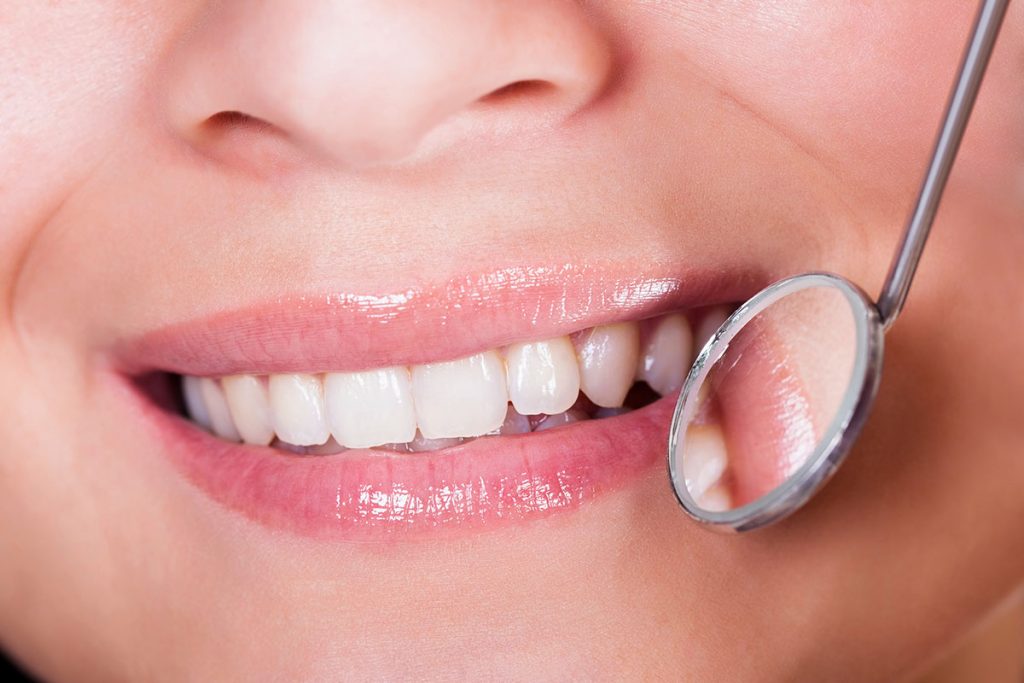Dental Bonding
Dental bonding is used for many reasons, including restoration of chipped, broken or decayed teeth, to reshape or whiten your smile, or to fill in gaps between the teeth. Bonding can also be used to attach bridges, and orthodontic appliances and fillings onto the teeth.

Process
- First, a soft composite resin filling is first scooped onto the teeth. The dentist will sculpt, and shape the composite filling.
- Next, a high intensity light is applied to the resin, which hardens the material.
- Finally, the dentist polishes the surface to obtain a natural looking appearance that blends with the tooth.
Benefits
- Cost: Dental bonding is among the most cost-effective cosmetic options, compared to other treatments such as Veneers.
- Speed: Dental bonding can be done during a single visit at the dentist’s office, compared to Veneers, which need to be manufactured in a lab.
- Ease and comfort: In most cases, bonding typically doesn’t require anesthesia, and doesn’t require recovery after the treatment.
How long is the recovery after dental bonding?
Generally, dental bonding doesn’t require any recovery time. However, there are certain precautions that should be taken during the next 48 hours that follow the procedure. Some of the main precautions you should take include avoiding smoking, hard foods, and foods and beverages that are more likely to stain the teeth.
Do bonded teeth require special care & maintenance?
Besides the specific precautions that you should take in the immediate 48 hours following the procedure, there are no specific required steps or treatments to take care of bonded teeth. If you’ve had bonding done before, you should simply follow the same recommended oral health regiment as everyone: Brush 2x /day, floss 1x /day, and see your dentist at regular intervals that are appropriate to meet optimal oral health.
Given that bonded teeth are more susceptible to staining than other cosmetic treatments, there are some recommendations that will help keep your bonded teeth looking natural over time. These include avoiding smoking and limiting consumption of foods and beverages that are more likely to stain teeth, such as tea, coffee, and wine.
How long does dental bonding last?
Generally, if you maintain proper oral habits, the bonding material should last from 3 years to about 10 years. Going in for regular dental exams is a good way to monitor whether the bonded teeth are still in good condition, or if they need to be touched up or replaced.
